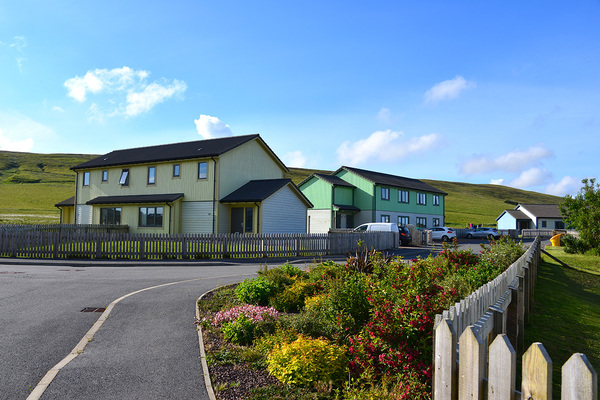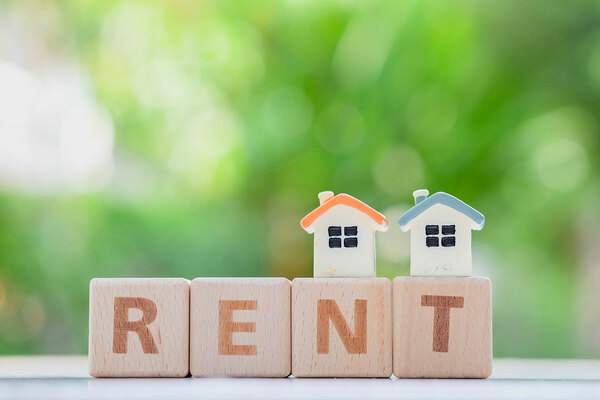SFHA calls for multi-year grant programme and ‘emergency redress fund’ for decarbonisation works
The Scottish Federation of Housing Associations (SFHA) is calling on the Scottish government to introduce a multiyear grant programme and emergency redress fund for social landlords as they look to decarbonise their stock ahead of the country’s 2045 net zero target.
In its response to the Scottish government’s draft Heat in Buildings Strategy, the SFHA said: “The current pathway to 2045 lacks detail on both the technical and financial delivery framework needed to achieve the proposed targets.”
It also said social landlords in Scotland need additional grant funding in order to meet the targets while still protecting those on the lowest incomes from bearing the costs of measures.
The SFHA therefore recommended that the government introduce a multiyear grant fund for social landlords that will cover at least 20% of the cost of all “no or low-regret” measures, such as insulation.
An additional flexible fund should also be introduced to cover up to 50% of the costs of innovation and demonstration projects over the next five years, the SFHA said.
Finally, the body is calling for “an emergency redress fund for social landlords and their tenants to protect those on low incomes from being negatively impacted by the rollout of new technologies and the transition to net zero”.
In addition to achieving net zero by 2045, Scottish social landlords have all been set the target to bring all of their stock a minimum energy performance certificate (EPC) rating of B where possible by 2032.
However, the government’s draft Heat and Buildings Strategy, which was first published in February, proposed reviewing this target in 2023 “with a view to strengthening and realigning the standard with net zero requirements so that social housing leads the transition to zero emission buildings”.
The government also recently announced the creation of a Zero Emissions Social Housing Taskforce, which will be co-chaired by Sally Thomas, chief executive of SFHA.
Commenting on the SFHA’s response to the Heat in Buildings Strategy, Ms Thomas said: “We welcome the steps the Scottish government is taking to address climate change and fuel poverty, however, it is clear from our members that they have concerns that must be addressed. The strategy is lacking both technical and funding detail and both are vital in order to provide certainty for social landlords and to assist long-term planning.
“Climate change policies and targets must be aligned with the forthcoming Fuel Poverty Strategy, and if we are to ensure a just transition and protect those on the lowest incomes from bearing the costs of future measures, social landlords need additional grant funding to deliver the required improvements and support tenants in the process.
“It’s vital that the social housing sector plays a key role in the design and delivery of the policies outlined in the strategy, so I look forward to representing members’ views as part of the Zero Emissions Social Housing Taskforce and to working with stakeholders and the next Scottish government in order to help meet Scotland’s climate change targets and end fuel poverty.”













